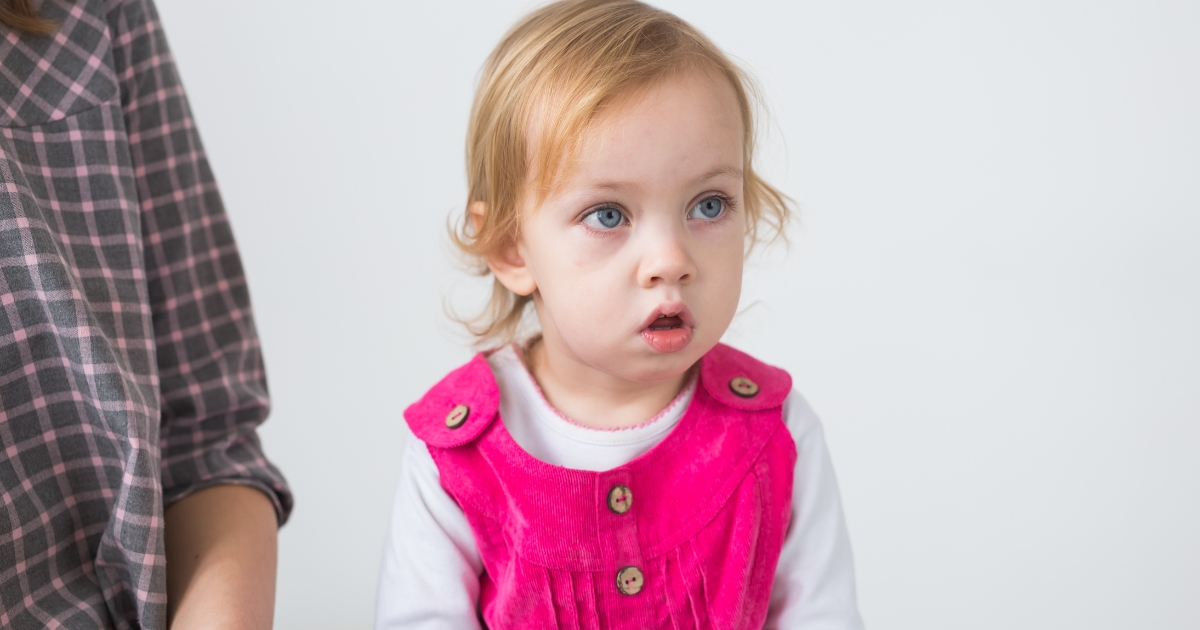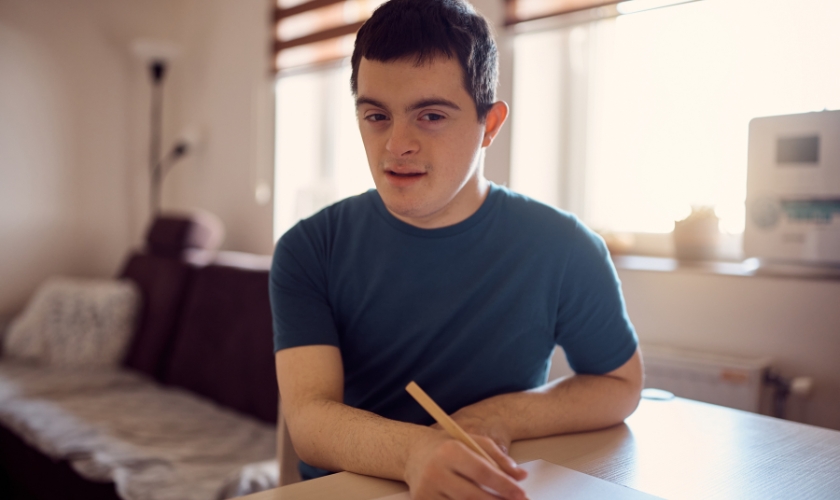10242 Greenhouse Rd #1002 Cypress, TX 77433
What are the 3 main causes of autism?

Autism Spectrum Disorder (ASD) is a complex neurodevelopmental condition that affects information processing in the brain. A range of challenges in social communication, repetitive behaviors, and sensory sensitivities characterize it. While the exact cause of autism remains unknown, researchers have identified several contributing factors that may influence its development. This blog delves into the three main categories of potential causes: genetics, environment, and biology.
Genetics and the Link to Autism
Genetics plays a significant role in autism susceptibility. Studies have shown that having a close relative with ASD increases the likelihood of a child developing it. Although researchers have identified specific genes associated with autism, they are still actively exploring the exact mechanisms by which these genes influence brain development.
Here are some key points to understand the genetic link:
- Multiple genes: ASD isn’t caused by a single gene mutation. It’s likely a combination of genetic variations that contribute to the condition.
- Inheritance patterns: The inheritance patterns of autism can be complex. Sometimes, a parent may pass on a specific genetic change, while other times, new mutations spontaneously occur.
- Genetic counseling: If you have concerns about your family history and autism risk, consider genetic counseling. This can provide valuable information and support.
Environmental Factors and their Potential Influence
Environmental factors may interact with an individual’s genetic makeup to influence the development of autism. While research is ongoing to solidify these connections, some potential environmental contributors include:
- Prenatal factors: Certain prenatal complications, such as maternal infections or exposure to environmental toxins, might increase the risk of ASD.
- Perinatal factors: Issues during birth, like prematurity or oxygen deprivation, could potentially contribute to autism development.
- Postnatal factors: Early childhood exposures to certain medications or environmental toxins are being investigated for a possible link to autism.
It’s important to remember that these are just potential associations, and more research is needed to confirm a direct cause-and-effect relationship.
Unveiling the Biological Landscape of Autism
Biological factors within the brain itself may also play a role in autism development. Both genetics and environmental exposures can influence these factors. Here are some areas of ongoing research:
- Brain development: Researchers have observed differences in brain structure and function in individuals with autism. These may involve areas related to social communication, sensory processing, and repetitive behaviors.
- Inflammation: Some studies suggest that chronic inflammation in the brain might be a contributing factor in some cases of autism.
- Gut microbiome: Researchers are actively investigating the potential connection between autism and the gut microbiome, the community of bacteria residing in the intestines.
Understanding Autism: The Road to Better Support
Autism affects each individual differently. There’s no single cause, and the interplay of genetic, environmental, and biological factors likely contributes to its development. While there’s currently no cure for autism, early intervention and ongoing support can significantly improve the quality of life for individuals on the spectrum.
If you have concerns about your child’s development or suspect autism, it is crucial to seek professional evaluation. Early intervention programs in Cypress specializing in autism treatment can offer valuable support, aiding your child in reaching their full potential.




